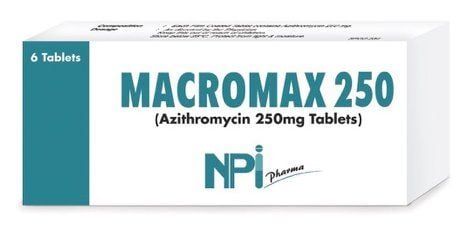This is an automatically translated article.
The article is professionally consulted by Master, Doctor Le Thi Minh Huong - Emergency Medicine Doctor - Department of Resuscitation - Emergency - Vinmec Nha Trang International General Hospital. The doctor has more than 06 years of experience in examining and treating internal diseases, emergency and emergency resuscitation.Hunter syndrome is a disease caused by a defect in an enzyme, has heritable ability and the severity of the disease also varies widely from person to person. In order to detect the disease in time, we need to know the symptoms of Hunter syndrome to seek medical attention as soon as possible.
1. Hunter syndrome
Hunter syndrome is defined as a pathological syndrome caused by a deficiency of the enzyme sulfatase iduronate. The deficiency of this enzyme causes certain damage in the human body, which can be mild or very severe, such as brain and physical damage.The mechanism that causes Hunter syndrome is explained as after the lack of enzymes needed to break down complex molecules, the amount of these molecules accumulates in the body very large, causing damage to some cells. and organ tissues, in particular causing negative effects on mental development, function of some internal organs as well as physical health of people. Hunter syndrome is more common in men than in women and begins at age 2. People with Hunter syndrome, if mild, can live up to 80 years old, but if the disease is severe, they can die at a young age from serious heart and lung complications. .
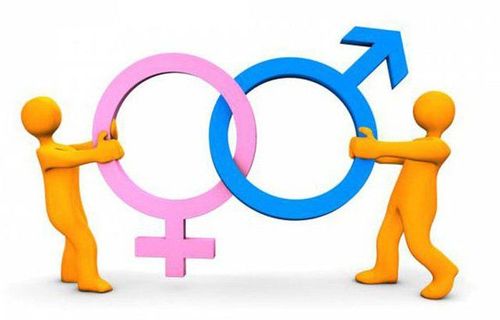
Inheritance of genes from the mother Inheritance of genes from family members. The gene that causes the disease is usually a recessive gene on the X chromosome, so when the disease occurs, it will show the pathological phenotype in the XY genotype, so the boy will have a very high chance of having it. Hunter syndrome can leave a number of complications as follows:
Respiratory complications: Wide tongue, nasal gums, thick and thick trachea that make breathing difficult for children, ear infections, chronic sinusitis, respiratory infections Heart failure ... Aortic stenosis, narrowing of blood vessels, hypertension, pulmonary hypertension. Complications of bones, joints, ligaments that make children move more difficult than usual such as joint pain, stiffness, joint deformities... Inguinal hernia, umbilical hernia. Liver, spleen enlarged, increased intra-abdominal pressure. Brain and neurological complications can cause severe headaches in children, affect the function of some sensations in the body, leg fatigue, carpal tunnel syndrome, abnormal behavior, mental development, etc. Mentally affected, epileptic...
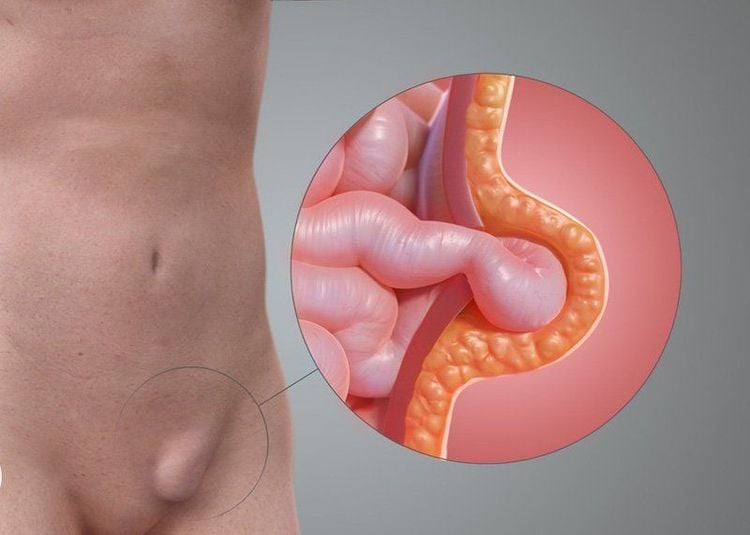
2. Symptoms of Hunter syndrome
According to researches in the world, Hunter syndrome belongs to the MPS disorder Mucopolysaccharidosis, in which Hunter syndrome is called MPS II which is classified into MPS IIA and MPS IIB with different symptoms as follows:MPS IIA This is an early-onset stage of Hunter syndrome, which is more common and severe than MPS IIB, which occurs between 2 and 4 years of age. Some manifestations of this stage such as underdevelopment at 1-3 years old, coarse face, thick mesh, lips, thick nostrils, wide flares, folded hands, protruding tongue, bone deformities , hepatosplenomegaly, abdominal distension, difficulty breathing, sleep apnea, cardiovascular disorders, thickened heart valves, high blood pressure, blood vessel blockage, impaired vision, upper and upper arm skin after trauma, progressive hearing loss, behavior change, becoming more aggressive, body stunting at 4-5 years old, stiff neck...
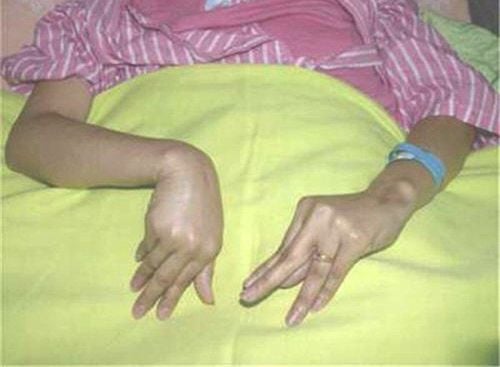
3. Is Hunter syndrome hereditary?
Hunter syndrome is a disease inherited only in boys and girls, although they carry the disease gene in their body but do not manifest the disease. The cause of this condition is that when the causative gene is a recessive gene on the X chromosome, the disease can only be expressed if it combines with the Y chromosome, that is, a boy, and if it is a girl, it will not manifest as a disease. . It is for this reason that when any couple has given birth to a child with Hunter syndrome, when they want to have the next child, they should consult a doctor because if they give birth, the chance of having a son with the disease will be 50%. . If a male child's older sister, sister, aunt, or uncle has Hunter syndrome, the child has a 50% chance of having it. To be able to identify the risk of giving birth to a child with Hunter syndrome, a pregnant mother can perform a number of tests for prenatal testing such as amniotic fluid test, placental cells to have a diagnosis. about the possibility of having a son with this disease.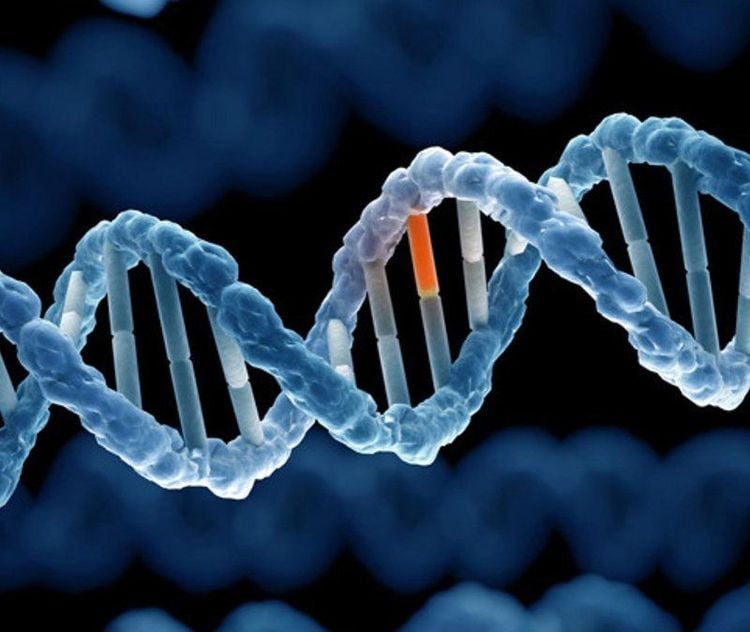
Please dial HOTLINE for more information or register for an appointment HERE. Download MyVinmec app to make appointments faster and to manage your bookings easily.
MORECan the human genome be changed? What types of samples can be tested for pedigree DNA? What are the characteristics of the human genome?






